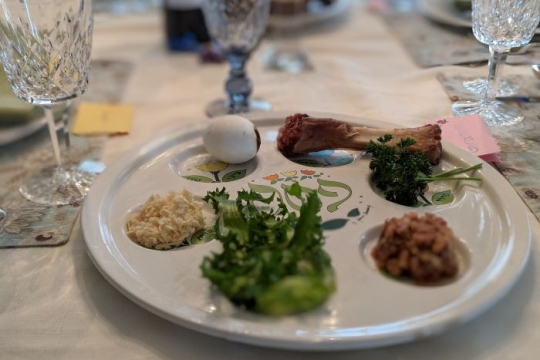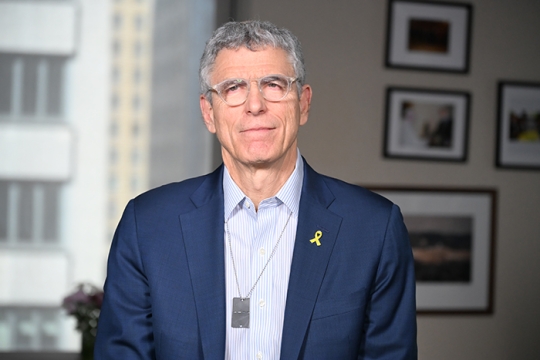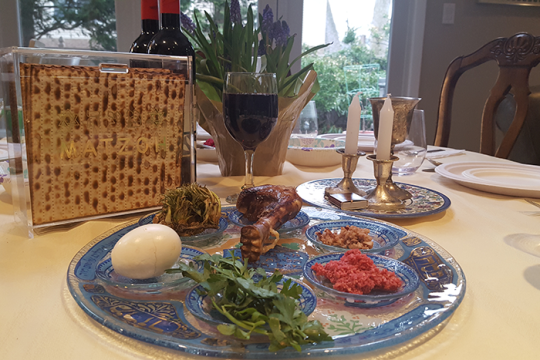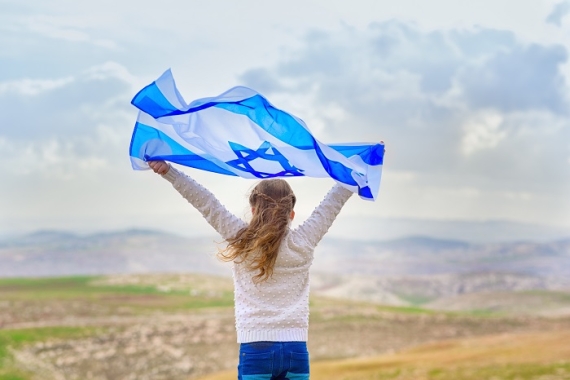Jewish Holidays
Learn about the Jewish holidays, their meanings, history, and rituals.

Explore Upcoming Jewish Holidays
Why Does the Jewish Calendar Change Every Year?
People often say: "The Jewish holidays are late this year" or "The Jewish holidays are early this year." In fact, the holidays never are early or late; they are always on time, according to the Jewish calendar. Unlike the Gregorian (civil) calendar, which is based on the sun (solar), the Jewish calendar is based primarily on the moon (lunar), with periodic adjustments made to account for the differences between the solar and lunar cycles.
Why Does the Jewish Calendar Change Every Year?
Why do Jewish holidays move around on the calendar? Why do we sometimes have Hanukkah on Thanksgiving? Find some answers and learn more about how the Jewish calendar works in this video featuring Joshua Mallett from BimBam.
Jewish Holidays Calendar
Jewish holidays begin at sunset. Dates specified are for evenings, so the holiday extends from sunset on the noted date until dusk on the last day of the holiday.
What's New

The Nevas Family's Enduring Passover Tradition: A Celebration of Freedom, Justice, and Community

Building Bridges, Not Walls: A Passover Message

Prepping for Passover: A Resource Roundup for a Satisfying Seder
Get Jewish Life in Your Life
Subscribe to get inspiring email newsletters.
Find a Congregation Near You
Find connection, community, learning, and spirituality at a welcoming Reform congregation near you.


